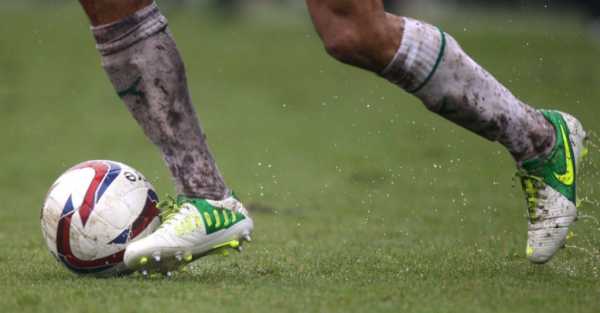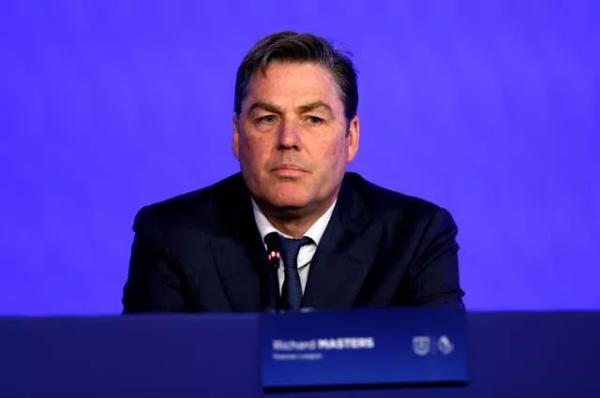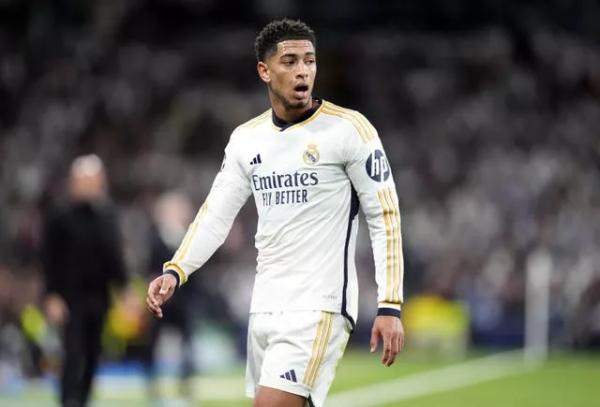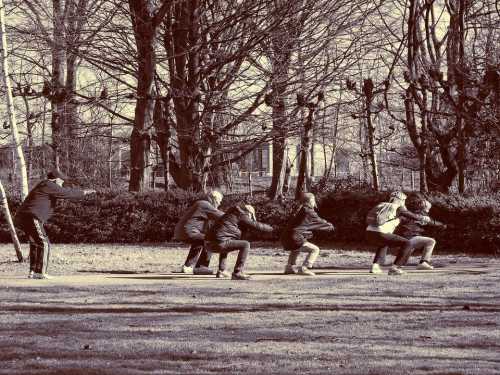
FIFA has been warned players will take “matters into their own hands” if nothing is done to address the growing demand on their workload, with players’ union FIFPro suggesting strike action would not be out of the question.
Amid the increasing-congested fixture calendar, FIFPro’s Europe president David Terrier said there was “an emergency” around growing mental and physical fatigue of players.
Terrier called for regulation to cap the number of games as the FIFPro player workload and recovery season review highlighted some worrying numbers.
As part of the review, a player survey showed over 50 per cent of respondents said they had been forced to play while already carrying an injury, while 82 per cent of managers said they had fielded a player they knew required a rest.
“We are faced with one of the most urgent problems with our sport, which has risen through a failure of government,” Terrier said at the FIFPro event in London.
“It has given rise to dangerous mental and physical fatigue. The problem is the ones who listen and the ones who don’t. As a union it is the most important part of our work to listen to our members – to listen is to accept responsibility.
“Players do speak and communicate with us and it is absolutely clear, there is an emergency – we are in danger.
“Players have gone beyond the limit and the international timetable is full to the brim.
“What is FIFA’s response? More matches, more competitions, more money – without any guarantee for the players.”
Addressing FIFA, Terrier suggested FIFPro would not be beyond polling their members over whether to strike if conditions do not improve.
“FIFA doesn’t listen as a body. Their decisions affect all of the ecosystem, but they make unilateral decisions and it is a failure of governance and we can no longer accept it,” he added.
“It is only by listening to the players that we will have a timetable that will be okay for everyone, it is only under those circumstances we will have guarantees like seasonal breaks and matches playing one after the other.
“If FIFA doesn’t listen we will take things into our own hands, we won’t exclude any kind of possibility whatsoever.”
Premier League chief executive Richard Masters was part of the panel in his role as head of the World Leagues Association and also hit out at FIFA.

“The problem is real,” he said. “We’re stating to see the impact of decisions made by regional and international bodies. The calendar is getting less harmonious with every decision that is being made.
“There is no faith anything is going to change. If you feel like you are not being listened to, you get frustrated. We feel enough is enough – it is a shame we have got here.”
LaLiga chief Javier Tebas went a step further in his criticism of the world governing body.
“We have sent letters and FIFA have ignored us,” he claimed.
“If we don’t take action the industry is in danger…We are destroying football. Now we need to resort to legal action. We can’t wait a day longer.”
The PA news agency has contacted FIFA for comment. Its president Gianni Infantino said at the organisation’s Congress in Bangkok earlier this month: “FIFA is organising around one per cent of the games of the top clubs in the world, 98-99 per cent of the matches are organised by the different leagues, associations, confederations.”
There were specific warnings from FIFPro for young players and the increased number of games they are being asked to take part in as their bodies continue to develop.
The example of Real Madrid and England midfielder Jude Bellingham was highlighted. He has played over 18,000 minutes of football, compared to David Beckham (3,929) and Wayne Rooney (15,481) at the same age.
Former Arsenal and Liverpool fitness coach Darren Burgess, now chair of the FIFPro high performance advisory network, explained the problem.
“Someone under 21, their tendons aren’t fully grown, everything is still growing until their mid-20s. Demand on young players is enormous and only getting bigger,” he said.
“A blackout period in the off-season is a simple solution that should be done automatically – three or four weeks where no tournament can be scheduled.”

Burgess also highlighted the mental fatigue suffered by players, with an “increasingly negative impact” on those at all levels of the game.
“The mental health of players is at risk if we continue down this path,” he added.
“Players are not recovering properly from games, from seasons. The upcoming calendar will exacerbate these issues further.”
Sourse: breakingnews.ie






